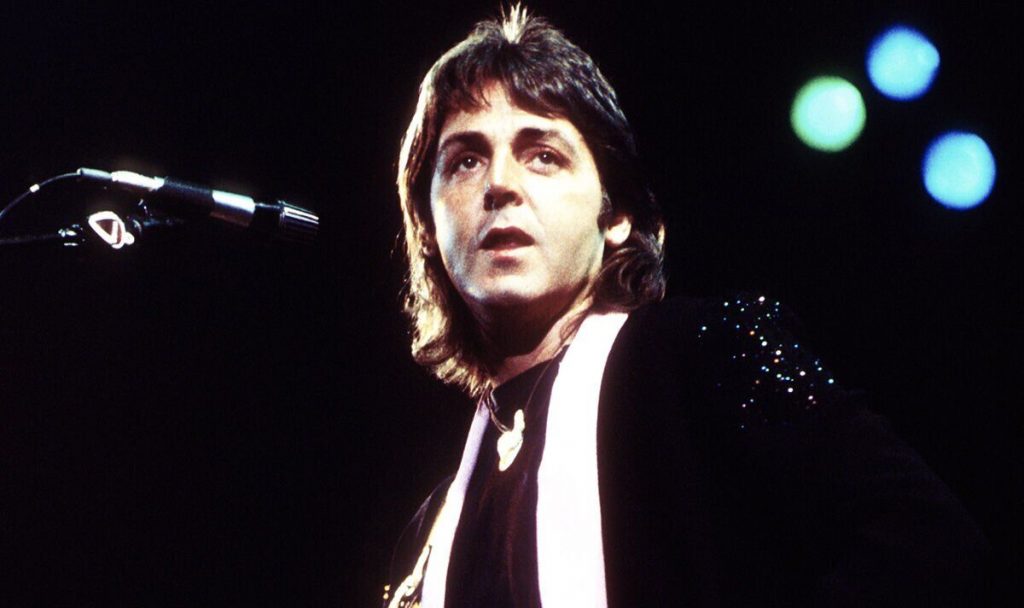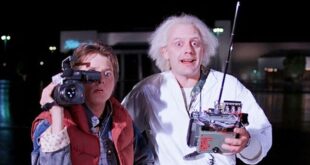
After Paul McCartney and The Beatles all went their separate ways, the musician worked hard on cultivating his own solo career. By 1982 he had released three solo albums, with his latest being Tug of War. But his record’s main single, Ebony and Ivory, was a struggle to bring to life – and it’s all because he brought singer-songwriter legend Stevie Wonder onto the project.
McCartney spoke candidly about working with Wonder in his book, The Lyrics: 1956 to the Present. He said he began by writing the song “as a response to the problem of racial tension, which had been the cause of a lot of friction in the UK around that time”. After writing the lyrics he went to his studio in Scotland to lay down a demo.
However, he realised he needed some help, so he called Wonder to lend his exceptional musical ear to the project. But before long, McCartney realised he might have been a little out of his depth.
McCartney wrote: “It was fascinating because he is such a musical monster; he just is music.”
McCartney said Wonder was “supposed to show up” to record but didn’t. “So there was a lot of phoning,” he went on. “Which is the way it is with Stevie. ‘We’re here. When are you coming out?’ It was always ‘this Friday.’ Then the weekend would go by, and I’d ring him on Monday. [He’d say] ‘Oh, I’ll be there on Wednesday.’ Oh, okay.’ So there was a lot of that.”
The former Beatles star added: “He’s his own man. He’ll show up when he’s ready.”
Wonder also failed to turn up when the time came to do the song’s music video.
McCartney recalled: “[The music video] was booked with the team and the studio and technicians, cameramen and everybody, and Stevie was supposed to show up on the Monday morning or whatever it was, and he didn’t. Getting through to him was a challenge because it would go like this: ‘Mr Wonder’s in the studio at the moment. I’m sorry, who is this?’
“‘It’s Paul McCartney. We know each other; we’ve worked together.’ ‘Oh, well, he’s working and he can’t be disturbed.'”
McCartney said that went “on and on” before he finally arrived a week later. “So yes, it was great to work with him,” he added. “But there was always this being late thing, not being there. Which I wasn’t used to, I must say.”
SOURCE

 Latest Breaking News Online News Portal
Latest Breaking News Online News Portal




